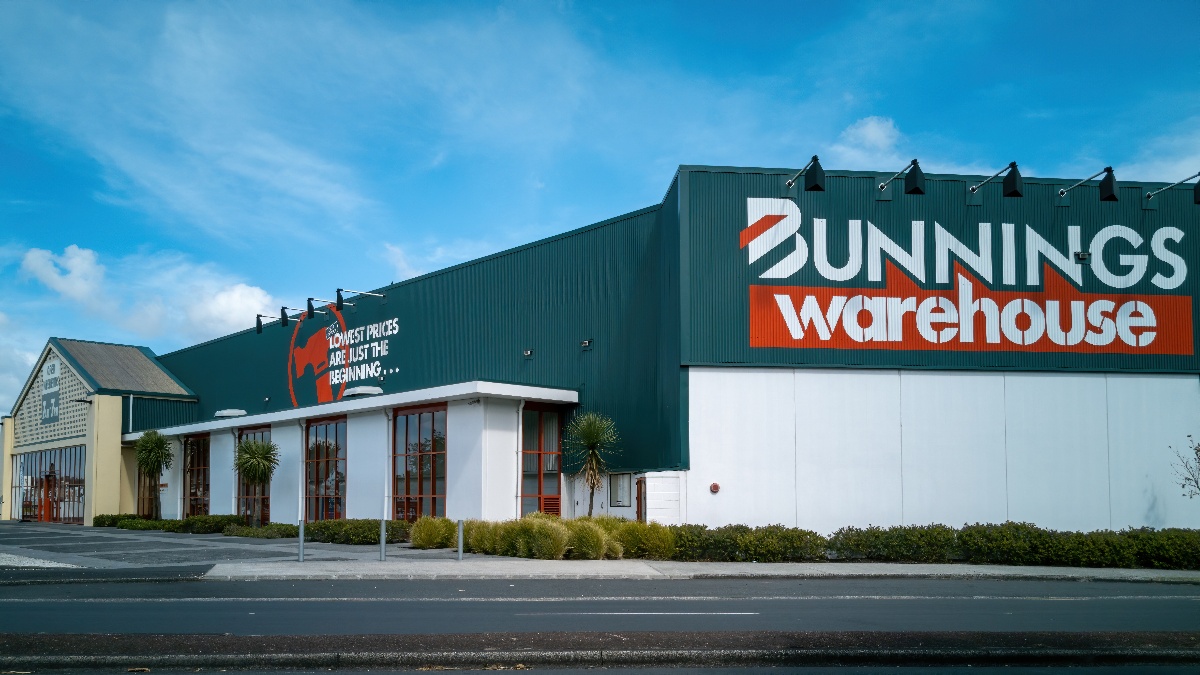
Building a strong brand requires two major elements: relevancy and authenticity. Last week we shared how relevancy will impact your ROI. Relevancy is essential, but without an authentic brand behind it, customers will not develop loyalty. Many businesses overlook just how important authenticity is. For a brand to build trust and credibility, it needs to be both authentic and relevant. When customers perceive a brand as genuine, they are more likely to hold a positive view of it, which leads to increased loyalty and advocacy.
Why authenticity and loyalty matter
Authenticity helps a brand connect with customers on an emotional level. When people feel a brand is genuine and honest, they are more likely to form a personal connection with it. This connection drives loyalty. Customers will choose a brand they feel aligned with over one they see as generic.
A brand with strong loyalty is less exposed to competitive attacks or price wars. Loyal customers also have a disproportionate impact on the bottom line. Research from Harvard Business Review found that acquiring a new customer is anywhere from five to twenty five times more expensive than retaining an existing one. The same study found that increasing customer retention rates by just 5 per cent can lift profits by 25 to 95 per cent.
Loyal customers are also more forgiving of mistakes and are often willing to pay a premium for brands they trust and prefer. Loyalty leads to advocacy, referrals, social media engagement and organic exposure all of which help you reach new customers and accelerate growth.
One of our Marketing Specialists worked with a brand that was first to market and had strong early success, but had lost leadership when competitors copied their products and outspent them in advertising. The product was good, but there was no clear point of difference or emotional connection with the brand. It lacked authenticity.
Our Specialist worked with the cross-functional team to understand the company’s values, brand purpose, key attributes and history and to clearly define the brand’s purpose and point of difference. They then led a repositioning campaign that brought the brand’s purpose to life in a way that felt relevant and authentic to the target audience and clearly differentiated it from competitors. As a result, the company regained market share and returned to the number one position despite spending less on advertising than key competitors.
How to build authenticity
An authentic brand is true to itself and its values. When our Marketing Specialists work with businesses, they focus on six key areas:
- Understand your key customers, their needs and their values.
- Clearly define the brand’s purpose and point of difference that is relevant to your target. What does the brand stand for and why does it exist?
- Be consistent in messaging and actions. Make sure branding, marketing and behaviour align with the company’s values and mission.
- Be transparent. Communicate openly and honestly with customers and stakeholders.
- Engage with your audience. Listen, respond to feedback and build relationships with your communities.
- Be true to the brand. Do not try to be something you are not or copy other successful brands.
Building an authentic brand takes time and ongoing effort. It is not a one-off campaign. Along with relevancy, it is a critical component of creating a strong brand.
Do you need help repositioning your brand to focus on what is relevant and to build authenticity? We can work with you to create a brand that wins new customers and rewards loyal ones, building a more sustainable revenue base.
To book a free consultation with one of our Marketing Specialists, click here.
